During the 1990s, MSF teams made a bitter observation: we were failing to treat some of our patients suffering from infectious diseases, while in developed countries, remarkable progress was being made in the field of health. Two decades on, medicines in developing countries are still either too expensive, aren't suitable to be used in many of the contexts in which we work (for example, in hot, humid conditions or where there's a lack of electricity), or simply don't exist for the diseases we need to treat.
In 1999, we launched the Campaign for Access to Essential Medicines, now known as the Access Campaign. Its mission focuses on three areas: overcoming barriers to access to essential medicines, stimulating research and development for neglected diseases, promoting health exceptions to global trade agreements.
In 2003, MSF joined several research institutes, including the Institut Pasteur, to create the Drugs for Neglected Diseases initiative (DNDi), a non-profit research and development organisation engaged in research and development of new treatments for neglected diseases.

As HIV burden overwhelmingly shifts to ‘middle-income’ countries, access to affordable medicines is under threat

Countries, beware: Climbing up the income ladder can seriously damage your health!
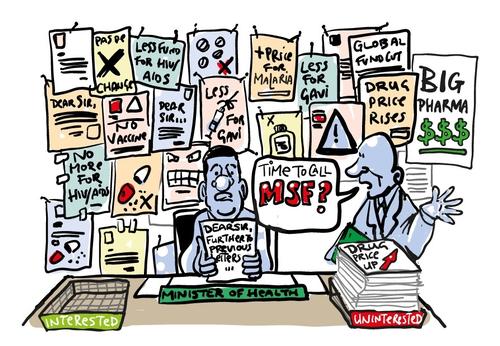
Gallery: Financing for Development Conference
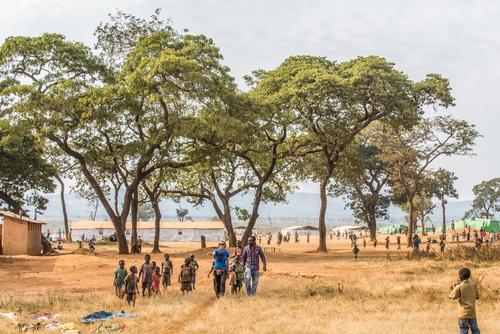
Services in Nyarugusu refugee camp ‘stretched beyond their limits’
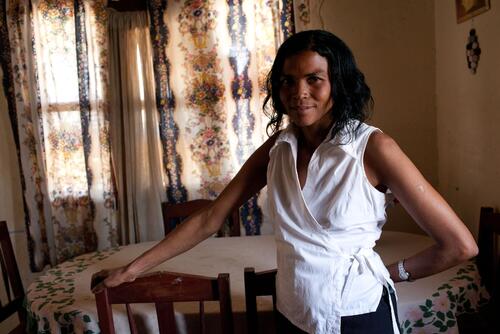
Why MSF needs India to remain open for business
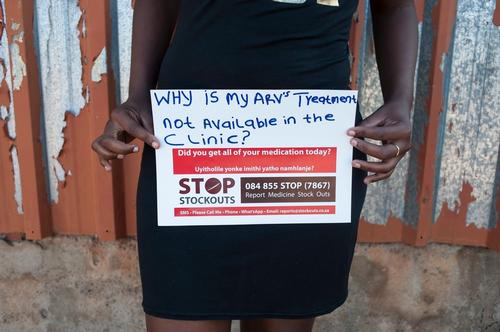
Drug shortages threaten progress made in the world’s largest HIV programme
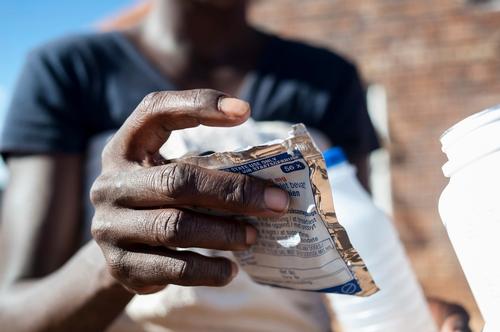
Drug shortages - testimonies from patients and medical staff

Access Campaign: MSF launches global campaign urging India to protect access to affordable medicines








